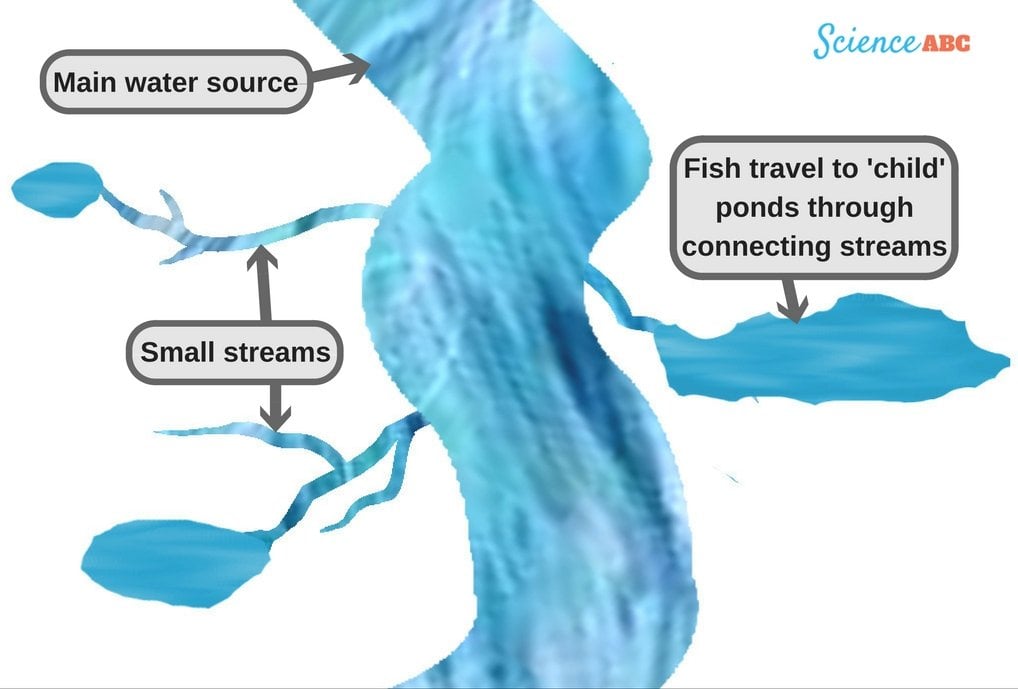roughbarked said:
https://www.abc.net.au/news/2019-01-21/little-bitterns-on-the-move/10703234
Environmental flows needed
Such environmental flows have been drastically reduced during the recent drought conditions, and Professor Kingsford believes restoration of the water flows is critical.
“All of it used to go to the environment,” he said.
“Now we’re really talking about a remnant, a fraction of what used to go there.
“So reinstating some of that is really important. The big challenge is working out when to release it and how much and how often.
“I think that’s a challenge for water managers.
“One thing about waterbirds and rivers generally is that we’ve changed a lot the way our rivers respond by building dams and taking too much water out of the rivers.
“As a result you don’t get as many, or as often, the sort of flooding that we have had in the past, which is really the habitat for a lot of these waterbirds.”
Professor Kingsford said in the 30-plus years that he had been conducting the surveys, the waterbird population had fallen by about 70 per cent.
“We’ve got this long-term signature, long-term trend of declining waterbirds over time,” he said.
“And that’s largely to do with the way we’ve changed our rivers. Things like putting more environmental flows back into the rivers are essential.”
Waterbirds tackle pests, boost dollars
Professor Kingsford said the waterbirds had positive impacts on the environment.
“For example, the fish-eating birds like the cormorants and the pelicans are feeding on a lot of carp,” he said.
“The ibis, particularly the straw-necked ibis, are out there feeding upon pest species that can affect crops. They do a great job in feeding upon locusts.”


